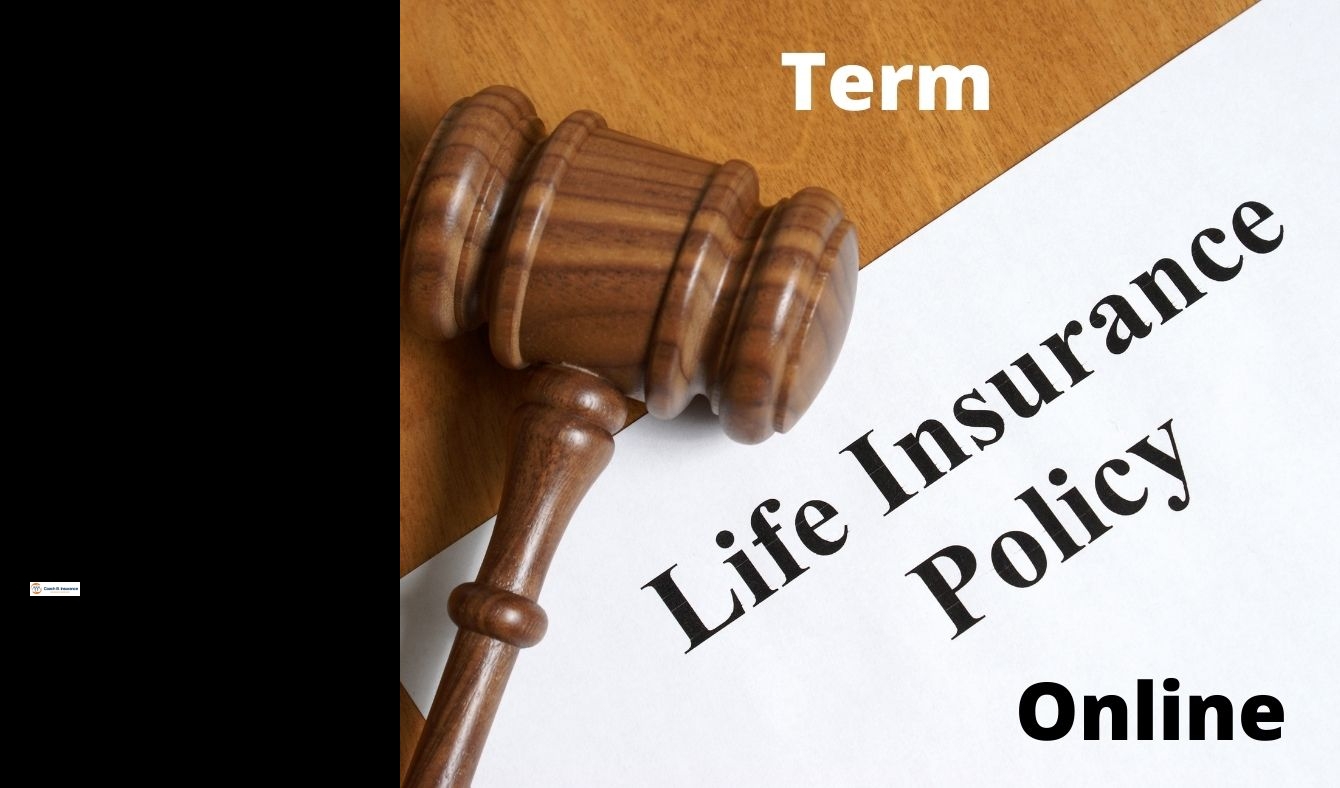term life insurances
A 30 year term life insurance policy can be a great choice if you are part of a couple who are financially secure and able to handle the premium difference between a 20-year and a 30 year term.
A reminder: You must disclose any medical conditions to the insurance company when you apply for a policy. If your insurance company learns that you did not inform them after your death, the policy may be cancelled. Your beneficiaries will not be entitled to the death benefit you intended if this happens.



